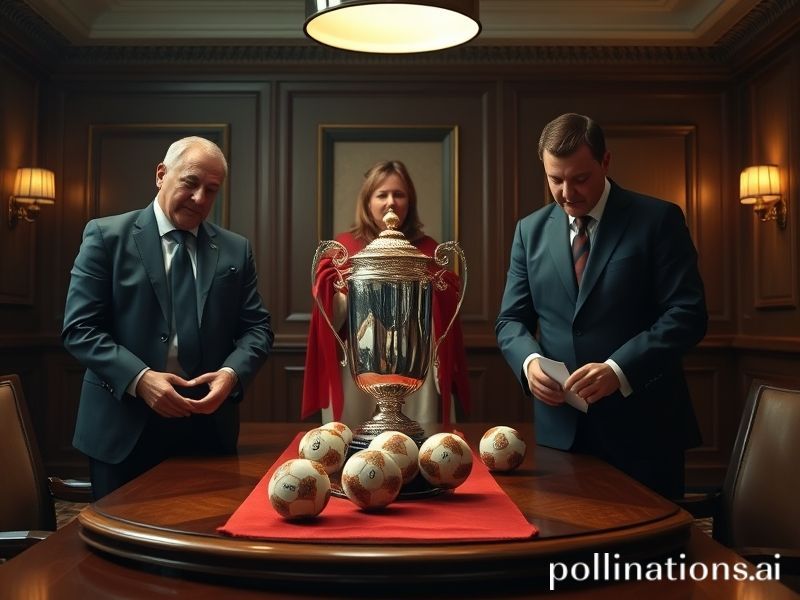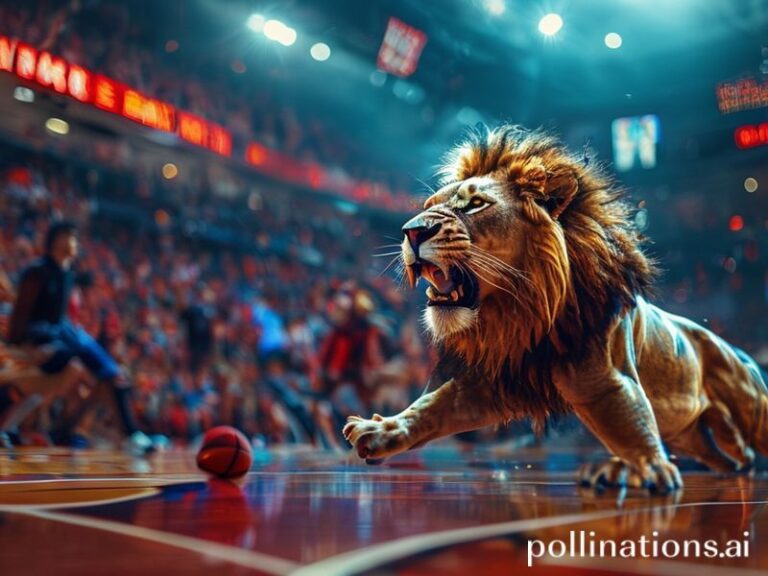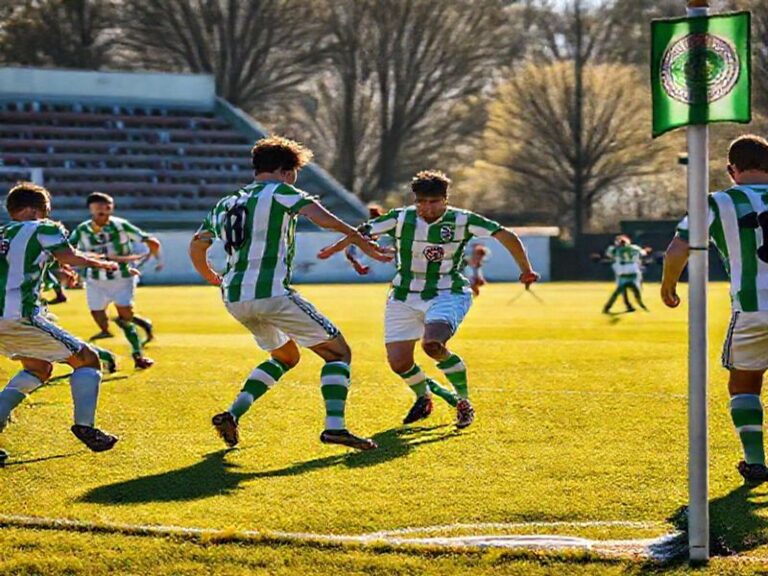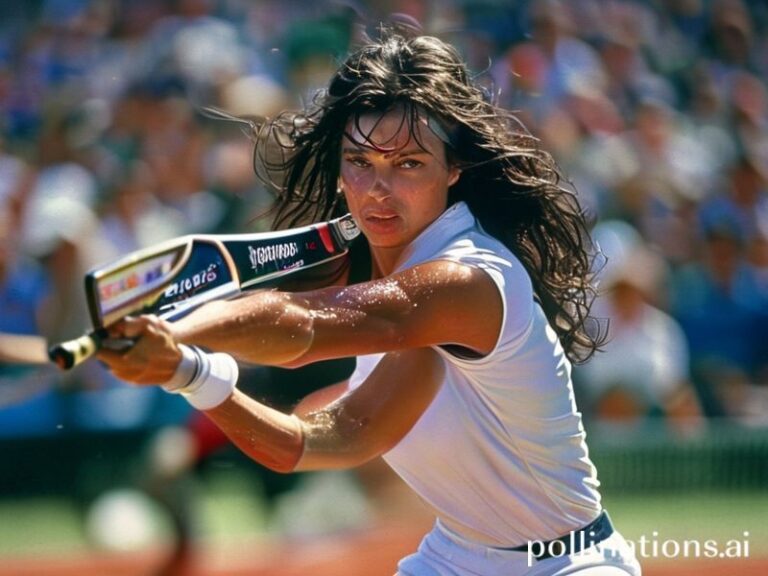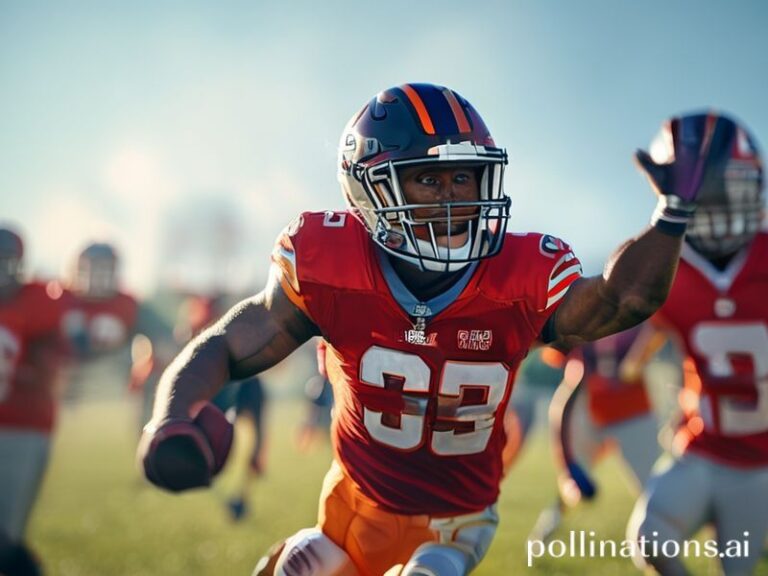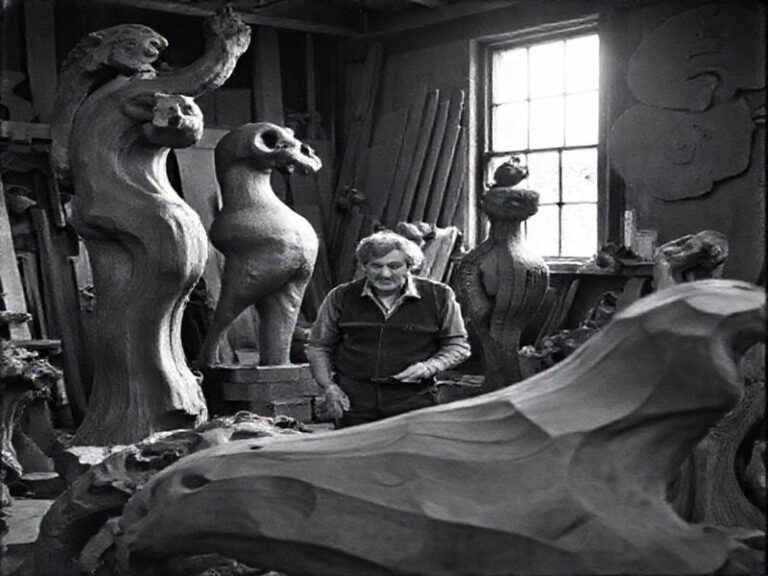Global Gladiators and Ping-Pong Fate: How the FA Cup Draw Became the World’s Most Watched Lottery
London, England – Somewhere between a rain-soaked betting shop in Manchester and a diplomatic cable marked “Urgent” in Abu Dhabi, ninety-two numbered balls tumbled around a perspex drum like anxious hamsters auditioning for Shakespeare. The occasion was the FA Cup Fourth-Round draw, an event the English still call “quaint tradition” and the rest of the planet files under “soft-power export with optional pyrotechnics.”
To the uninitiated, it looks like bingo night at the parish hall. To the global intelligence community, it’s geopolitics disguised as sport. Consider the ledger: Manchester City are owned by a United Arab Emirates sovereign fund whose daily interest could bankroll Moldova; Manchester United float on the New York Stock Exchange and answer to men with Bloomberg terminals instead of scarves; Chelsea—well, Chelsea are currently on loan from the U.S. Treasury, like a very expensive library book you’re terrified to dog-ear. When the balls came out pairing these corporate avatars with plucky non-league minnows (whose annual budget equals one evening’s catering on a Gulfstream G650), the world leaned in. Nothing reassures Davos quite like watching the 1% pretend to be underdogs.
Over in Lagos, viewing parties sprouted in makeshift beer gardens where fans debate whether Erling Haaland’s thigh circumference could stabilize the naira. In Seoul, a crypto-funded watch-along streamed on three separate platforms, each promising NFT commemorative tickets that will almost certainly be worthless by the lunar new year. Meanwhile, a refugee camp in northern Jordan tuned in on a cracked 2008 Samsung because the FA Cup, unlike most of life’s offerings, still looks like meritocracy. You can’t bribe the ball; you can only oil the palms that carry it.
The draw itself delivered the usual Dickensian plotlines: Wrexham—owned by Hollywood actors who have weaponized nostalgia like it’s plutonium—will travel to Blackburn, whose glory years are so sepia-tinted they practically smell of coal smoke. Elsewhere, Arsenal get a rematch with Liverpool, a fixture that has become the Premier League’s version of Sisyphus pushing the same boulder up the same hill while Amazon’s cameras sell the sweat as content. And then there’s Maidstone United, population: one pub and a kebab van, who now face the fiscal equivalent of being run over by a Tesla Cybertruck piloted by Pep Guardiola’s accountant.
Why should the wider world care? Because the FA Cup remains one of the last universally translatable parables of inequality. Every satellite feed is a reminder that capital can buy talent but not meteorology. A frozen pitch in Shropshire can still humble an Emirati galáctico if the ball skids like a drunk on an ice rink. Climate change may be melting the poles, but it hasn’t yet figured out how to fix a muddy bog in February—Mother Earth’s own VAR system, and she’s not for sale.
There is, of course, collateral damage. Italian ultra groups have already begun forging tickets for the Anfield replay, a criminal cottage industry that keeps Interpol busier than a Milanese espresso machine. In Beijing, state broadcasters debate whether to censor the crowd’s audible swearing or embrace it as evidence of Western decline. And somewhere in Silicon Valley, a start-up is promising “AI-optimized ball-drawing” to reduce the risk of human error—because if we can’t trust a retired referee to pull a ping-pong ball without algorithmic oversight, what hope is left for democracy?
So, as the caravan of chartered buses and private jets prepares to crisscross a kingdom the size of Michigan, remember the moral: In an era when everything is leveraged, securitized, and tokenized, the Cup still offers the possibility that a part-time PE teacher might nutmeg a Brazilian World-Cup winner on live television. It’s not redemption—nothing in modern capitalism truly is—but it’s close enough that we keep watching, like prisoners studying the sky for a comet that might, just might, erase a few years from the sentence.

